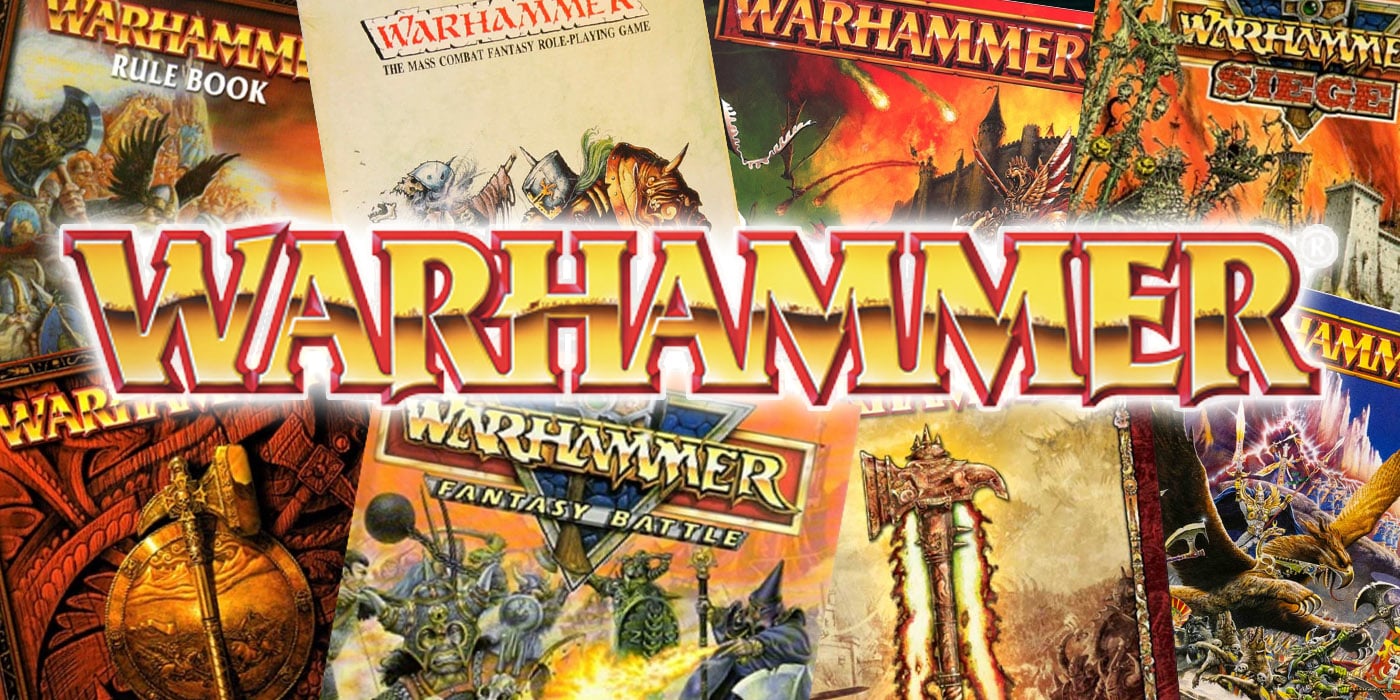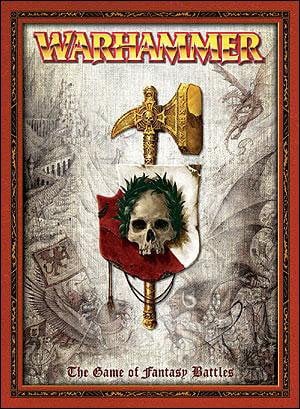Editorial: Whither Fantasy?


Why 40k players should Play Fantasy by Austin’s own: “Minus67”
Imagine an army of fair elves holding gleaming spears, dark rituals of debased magic and climatic duels that take place not on the ground, but on the backs of nightmarish beasts flying in the sky. These are the images that inspire me to play Warhammer Fantasy inspires in me, and fuel my adoration for both Warhammer 40,000 and Warhammer Fantasy.
Warhammer Fantasy rewards players for making bold choices, but also rewards players who plan their turns ahead of time, which is something you just don’t find in Warhammer 40,000. Too often, 40K armies are based upon how they will operate turn by turn, and each unit is usually expected to operate mostly on its own merit. In Fantasy, units are expected to play as part of a team; they protect the unit next to them from a flank charge, can threaten a flank charge on an outmaneuvered opponent and generally work as a big cohesive unit.
This is one of the most rewarding aspects of Fantasy: players design their army as one big unit. While it will eventually be divided into multiple, smaller parts, each piece has its place, its own brother or sister unit which it operates with. Truly, this is a tabletop general’s wet dream of a game. Watching your Chosen Khorne Knights, who have committed 888 corrupt acts to achieve their place as a chosen, utterly obliterate an opponent’s battle line is one of the most rewarding experiences the game can offer.
40K Players should give Fantasy a chance because the game is truly well put together, with each of the four main phases of the game being an avenue of victory. In 40K, most armies can only ever win the game in the shooting and the assault phase, but in Fantasy, players are greeted by a cornucopia of choices in their route to victory. Will a devastating magical onslaught each turn that crush your opponent’s spirit and send him packing? Will your ability to rapidly redeploy and flank your enemy lead you to trod his banners under your mailed boot? Will your arrows blot out the sun? Will your enemy meet the business end of your lance? All of these strategies are a viable route to victory, which leads to a more varied and tactical game.
You will be hard-pressed to find two games of Fantasy that play out in the same way. The overall faster pace of movement from the march ability of units enables the game to become more than pushing bricks of infantry at each other. We as a community have recently seen how drastically the game can change when some extra movement is introduced with the addition of Run in 40k. In addition, the different races of Fantasy have several different movement values between them; these values range somewhere between 3-6 inches, which enables the movement phase to become a true path to victory.
The magic phase is one of the coolest parts that makes the game totally unique. Each turn feels like an epic duel between the wizards on each side, but the whole feel is achieved without feeling like a game-within-a-game, thus allowing it to mesh with the rest of each turn in a way that feels natural and fluid.
Having 16 unique armies is the next feather in the cap of Fantasy compared to 40k. Each race is completely different than the next one, with each one boosting its own set of mostly-balanced special rules and unique units. Even something as mundane as cavalry is different in its rules, movement and role on the battlefield between each army. The very fact that the game can be won in four different phases of the game, rather than the normal two, allows armies to diversify in ways that 40K armies can only dream about. Armies that have low movement are usually rewarded with heavy armor, good shooting or magic. Armies that are quick usually are easier to kill, but can hit hard when they get to charge. There is no MEQ of Fantasy; each time you sit down to play you have come up with a new plan to try and combat your enemies strength and weaknesses.
Warhammer Fantasy is one of the most rewarding games you can choose to play. You will directly receive what you put into your models, army planning and overall game plan each time you play the game. Planning one turn ahead each round is actually rewarded in this game, rather than trying to react or seize the initiative like in 40k. There is a delicate back and forth in the four phases, which is not unlike a professional boxing match, so don’t be surprised if you find yourself winded and seeing stars for the first couple of games. I fully encourage all 40K players to reach out to those guys across the room pushing little bricks of men across the table and ask them about the game and why they love it. You may find yourself tempted to charge headlong across an open field screaming at your enemies.
~This is the first in a series of guest editorials across a series of topics that will be running on BoLS. These articles are meant to promote discussion and are first and foremost opinion. Hop to it guys! On a side note, if anyone has a flair for the pen and has a great idea for an opinion piece you think the BoLS community would enjoy, please submit them.

